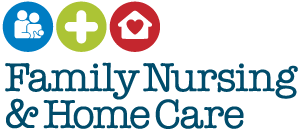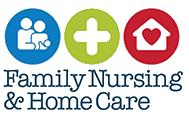Teach children how to be beach safe before something goes wrong
To be safe on the beach, children must be supervised by an adult….at arms length.
It’s a good idea to find somewhere with shade. Remember the sun is at its hottest between 11am and 3 pm.
If you have an emergency, call 999.
Getting lost
- Set up a base camp when you arrive.
- Before the children go and play ask them to just stop a second and look at where you are, checked against other landmarks.
- Know what you children are wearing, it will help others to help look for them.
- Even on a beach with lifeguards, they can’t watch everyone.
Weaver fish

Weeverfish are very common in the waters around Jersey, especially in August. When the fish is smaller than 10cm it likes to bury itself into the sand with just the dorsal fin sticking out. They can do this just on the edge of the sea so when paddling it is easy to stand on them and get a nasty sting.
The sting is really sore and painful but the treatment is simple. Place the affected area in hot water, the hotter the better. Test the water first so not to scald. The heat will destroy the toxic venom and the pain will stop.
If severe or life-threatening symptoms are present, seek medical help immediately and you can always ask an lifeguard to help.
First Aid help
Don’t forget Lifeguards are all trained first aider’s and have first aid kits and equipment
Common problems on the beach;
- Cuts from sharp objects just under the sand, often from sharp broken bottles or cans
- Sand blown or rubbed into the eyes
- Sunburn
- Burns from disposable BBQ’s, when removed to cool the sand or stone underneath is still hot enough to cause a nasty burn
- Weever or jelly fish stings













